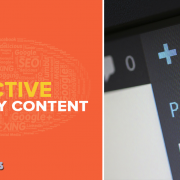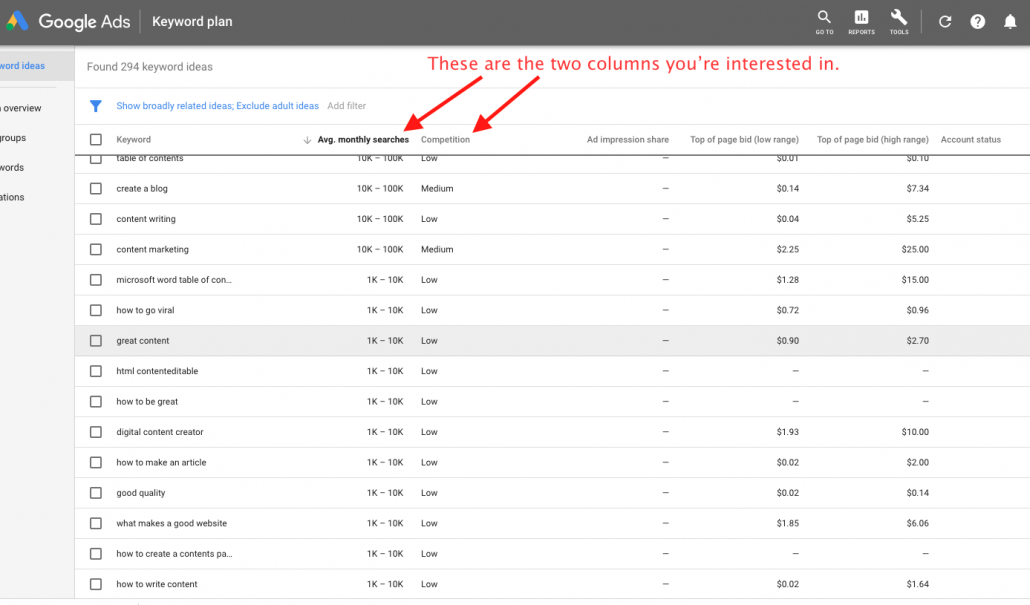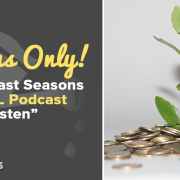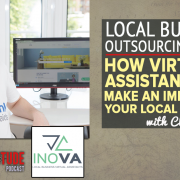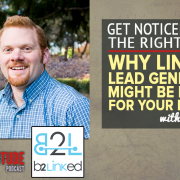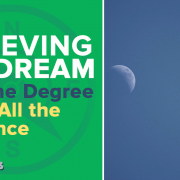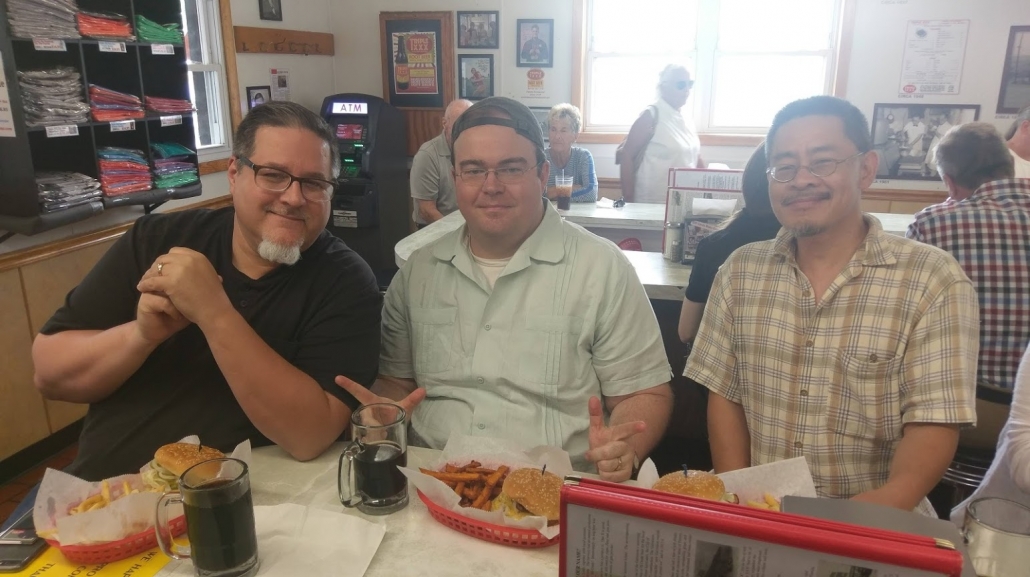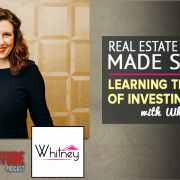Creating Effective Quality Content
When it comes to marketing today, there’s a certain idea all digital marketers have to follow. We have to add value before we get the sale.
What does that mean?
Well, for most, it means that we have to educate our potential clients or customers about what it is that we do or make.
In fact, it can take up to 6 to 8 touches before a prospect becomes a buyer.
Typically, those touches take the form of “content”.
Content can take the form of videos, audio, or even text – like this blog. And it’s usually in the form of an educational format.
In this post, we’re going to look at a few places that we can find ideas for good content in 2018 and beyond.
Natural Content vs SEO Driven Content
When we’re thinking about creating content that attracts potential customers, we might be tempted to do a number of things. Most of these fall into three types.
Natural Content Creation
The first type is one where the focus is mainly on what our own individual customers or clients want. As a creative entrepreneur, this is something that seems a bit more natural.
The goal of creating this content is usually to retain and educate the clients, audience, or customers you already have.
SEO Driven Content Creation
The second type of content is content that is created specifically for what Google (or other search engines) suggest people are searching for.
Knowing this information allows us to create content specifically based on these search terms or “keywords”.
The end goal of this type of content creation to bring in more people into your sphere of influence.
If you’re not familiar with the term SEO, it simply is the acronym for Search Engine Optimization. The idea behind it is that If a particular site has good SEO, the site will rank hire in Google’s search results.
The goal is to appear on the first page of results.
At one point, it was much simpler to understand what would rank a website higher than another in Google. So much so, that if you understood the fairly rudimentary rules, you could start your own solopreneur business or small agency offering it as a service.
In fact, I remember back in 2010, there were several people in my social circle that worked for a couple of startup SEO companies here in Indianapolis.
Today, while SEO still exists and is still useful, it’s getting harder and harder to predict how Google ranks websites. They’re constantly changing what variables make our sites rank higher.
Some of those variables even include traffic on the site, authority of the site, and how quickly the site loads for individuals browsing the site.
Hybrid Content Creation
Ideally, since the SEO world has become so hard to predict, the best thing we should do is create content that not only has keywords in it, but also is made to educate your currently existing audience.
The main way to do this is to simply to find out what your audience is asking about, find out what keywords in Google are related to those questions, and then build content based on the results you find.
Doing good SEO work on your site is not the scope of this particular post. However, I have two recommendations for you if you have a WordPress based site.
- Make sure you have the Yoast SEO Plugin. I personally recommend the premium version because it has some kick butt features (including multiple keywords) and you only have to pay for it once.
- Secondly, when you’re searching for keywords, you can use a free tool within Google Adwords called the Keyword Finder. When you’re searching, there are two columns that everyone should consider. The average monthly volume, and the competition.
Ideally, you want an Average Monthly Volume of 1k – 10k (number of searches a month). If you try anything higher than that, there’s a much higher chance your site won’t be seen in the front of the results. If you use anything less than that, you might be targeting a smaller group of people.
Once you find a keyword that hits that 1k – 10k search sweet spot, then you’ll want to check it’s competition. Ideally, you want a keyword that has low competition. However, from time to time you might have to use a keyword that is marked as a medium. I rarely use those that have high competition.
Here’s a visual of what I’m talking about:
How to Find Your Audience’s Questions
If you choose to go the natural or hybrid route, you’re creating your content with your audience in mind.
If that’s the case, there are a few places where you can get topic ideas from your audience – directly and indirectly.
- Ask them! You can send out a survey to your followers (whether it’s through Messenger, email, or whatever you prefer).
- Check out what’s being asked and discussed in Facebook groups or other online forums that are related to your topic. If you think you can go into further detail than what’s covered in the post, go for it.
- See what other thought leaders in your industry are talking about. What are your favorite blogs, podcasts, speakers, and/or authors discussing? They probably have already done the research to find a good topic to discuss. Feel free to add your voice to the conversation!
Action Steps
When we’re having to create content on a regular basis for our audiences, we might draw a blank when we’re looking. Once you have an idea of what kind of content type you’re going to be creating (whether it’s natural, SEO focused, or a hybrid of the two), then you just need a spark of inspiration. If anything, this gives you a good excuse to check in with leaders of your industry!

